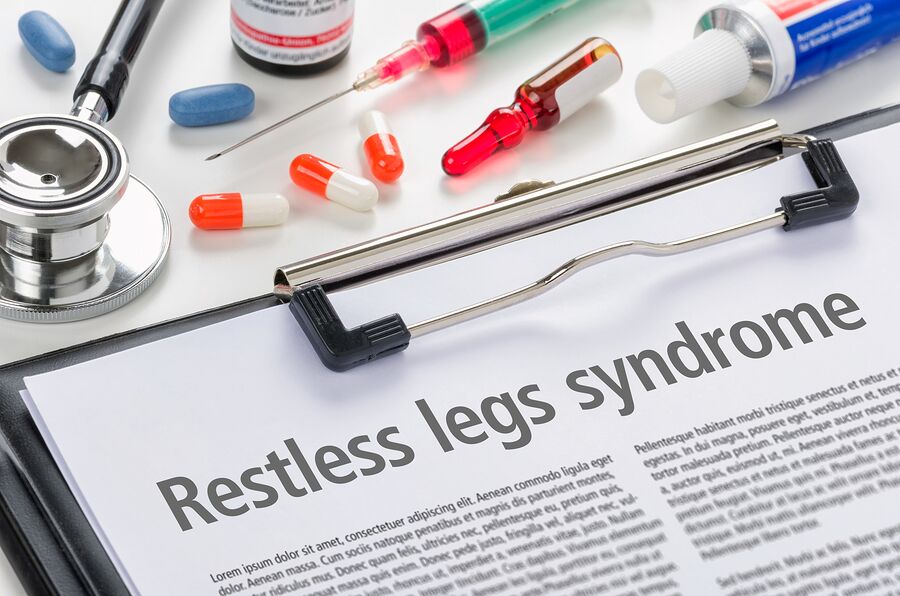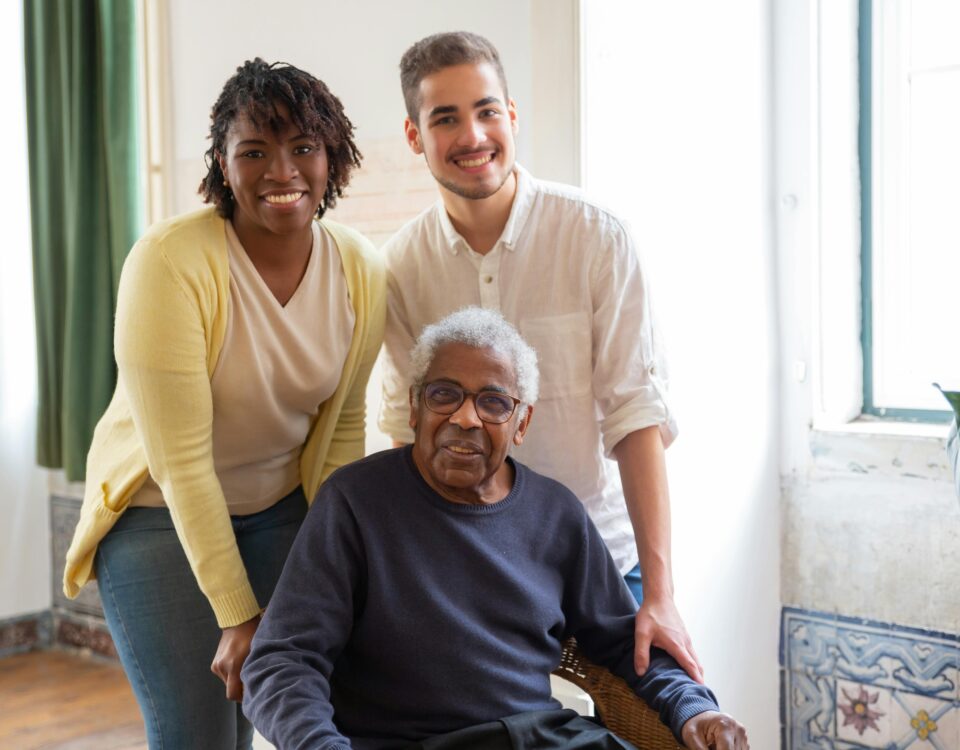Living with Restless Legs Syndrome – September 23 is Restless Legs Awareness Day

Five Stair Safety Rules Your Senior Needs to Know
August 26, 2019
5 Tips for Preventing and Managing Heartburn
September 16, 2019Living with Restless Legs Syndrome – September 23 is Restless Legs Awareness Day
What Is Restless Legs Syndrome?
September 23 is dedicated to the awareness of Restless Legs Syndrome (RLS), also called Willis-Ekbom disease (WED). RLS is a common disorder that affects up to 10% of the U.S. population. It can affect anyone, regardless of age, however women are twice as likely as men to develop the disorder, which mostly affects middle-age and older adults.

Caregiver Pasadena CA – Living with Restless Legs Syndrome – September 23 is Restless Legs Awareness Day
RLS is a neurological disorder of the legs that causes:
- Uncomfortable or unpleasant tugging or nagging sensations in the legs
- Irresistible urges to move the legs
- Repetitive limb movements while sleeping
- Sleep deprivation
Eighty percent of individuals with RLS have periodic limb movements in sleep (PLMS), in which the legs “jump” or spasm. These movements can repeat every 20–30 seconds, on and off, throughout the night, which can be disruptive of normal sleep patterns. This may cause the RLS sufferer to be tired during the day and may significantly reduce the sufferer’s quality of life. RLS can cause significant stress on relationships, work, family, education, or other daily functions by impacting sleep patterns, energy/vitality, and mood.
Although there is no known cure for this condition, there are treatments and coping strategies that can be effective.
What Causes Restless Leg Syndrome?
According to the Restless Legs Syndrome Foundation, researchers believe that family genes may contribute to the risk for developing RLS. However, there are many other conditions associated with ALS, such as:
- Pregnancy
- Anemia (blood disease)
- Low iron levels
- End-stage renal disease with dialysis (kidney disease)
- Peripheral neuropathy (nerve damage)
A diagnosis of RLS is indicated by the following criteria:
- A strong, irresistible urge to move the legs
- Symptoms start or get worse while resting
- Symptoms improve while moving the legs and are relieved as long as movement continues
If you think your loved one is suffering with RLS, you should take him or her to a physician for a full battery of tests and a proper diagnosis so that you can help your loved one manage the disorder.
How Is Restless Legs Syndrome Treated?
Although there is no cure for RLS, there are many treatment options and lifestyle changes available that can help manage the disorder. These can include:
- Medicines that alleviate symptoms
- Avoiding medicines that can exacerbate symptoms
- A daily schedule of exercise and physical activity, including stretching or massage
- Identifying and eliminating activities that trigger or worsen symptoms
- Engaging in mentally stimulating activities to occupy the mind during RLS episodes
- Eliminating caffeine, alcohol, and nicotine
- Implementing a program of good sleep habits
What Can Caregivers Do?
Although it may be your elderly loved one who suffers with painful or uncomfortable symptoms of RLS, your own quality of life as a caregiver may be significantly affected by RLS. As a caregiver, you may be experiencing:
- Disruption in sleep when your loved one wakes up during the night
- Increased time devoted to managing medications
- Increased time devoted to assisting with exercise, stretching, or massage routines
- Increased doctor visits
If you are affected as a caregiver by a loved one suffering with RLS, there may be support groups in your area that can help. Accepting home care service will provide information and assistance in coping with the disorder and managing your own self-care so that you can assist your loved one and improve their quality of life.
Sources: https://www.rls.org/understanding-rls
https://www.rls.org/file/guide-to-living-with-rls.pdf
https://www.rls.org/file/causes-062018.pdf

